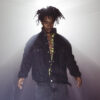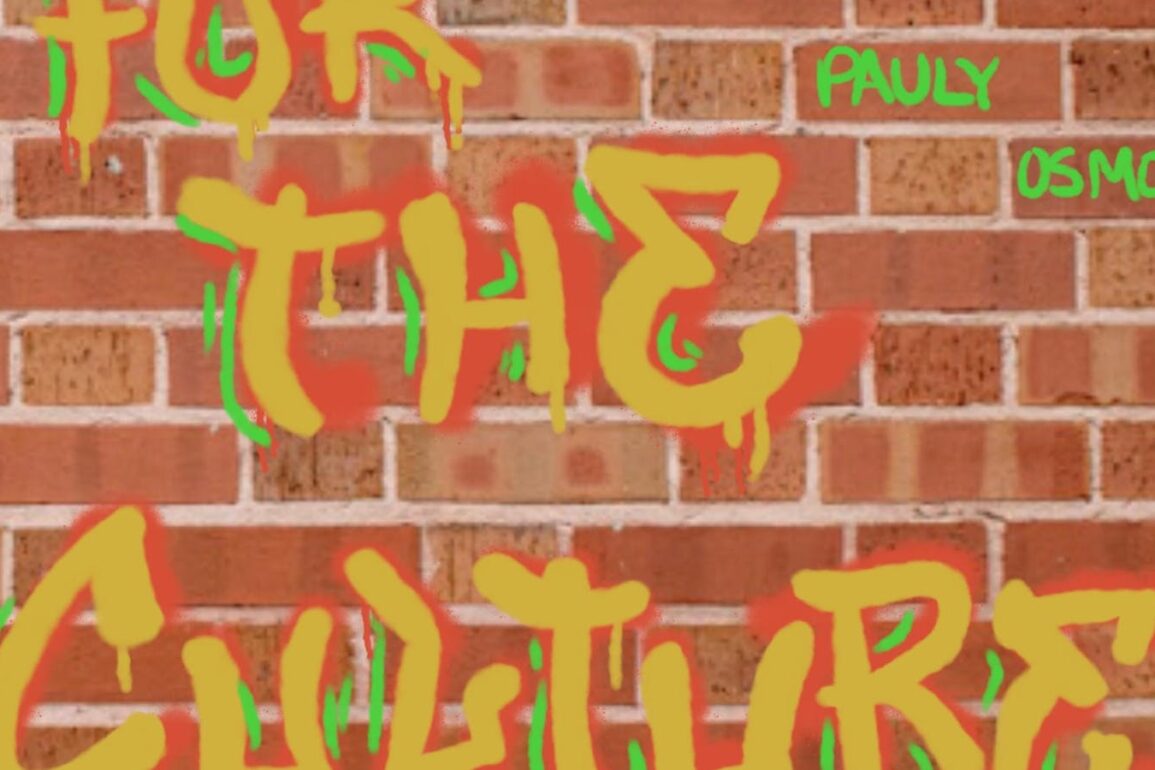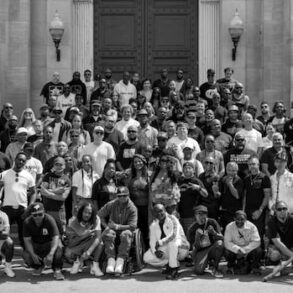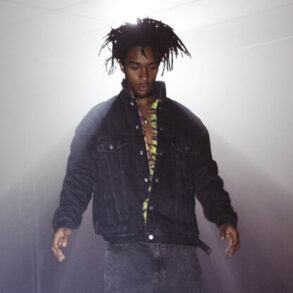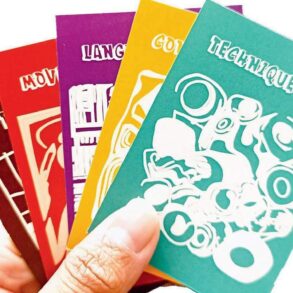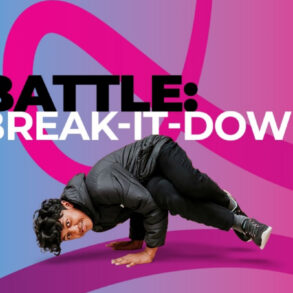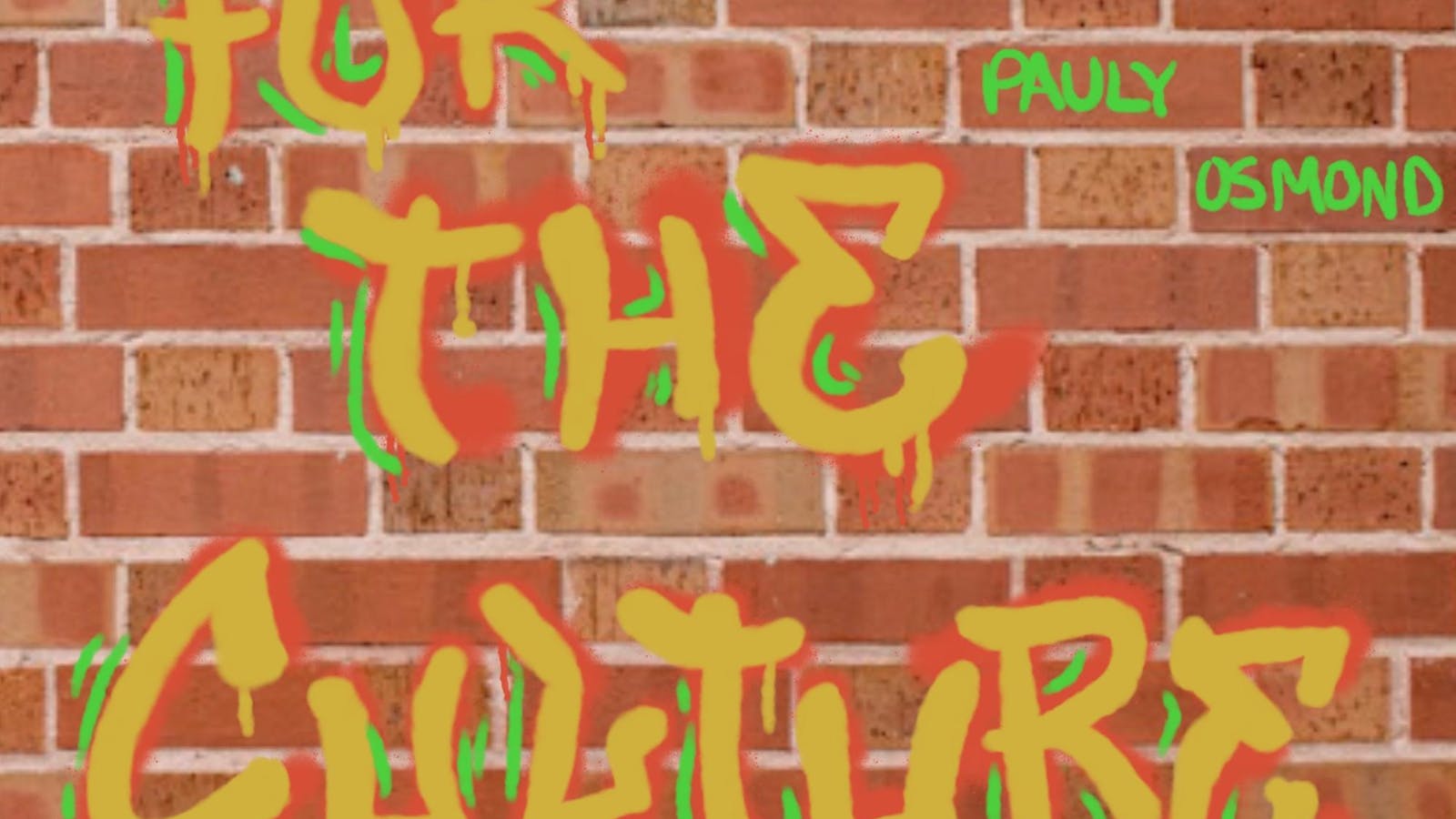
As Tufts’ artist-in-residence, professor of the practice and activist Dee-1 has poignantly noted, the promotion of violence in hip-hop is overwhelmingly common. According to Billboard, at the end of 2023, at least four of the five top rap artists incorporated violent lyrics in their discography. Recently releases from Lil Baby and 21 Savage include references to violent retribution: in “350” (2023), Lil Baby raps, “My advice to you, get out my way, I’m ‘bout to go off / Men ‘posed to be with me, we slip and knocked lil’ bro off,” while 21 Savage, in his track, “redrum” (2024) (‘murder’ written backwards), raps, “Thought a n—- said something / G Block, all we know is redrum / Redrum, redrum, redrum, redrum.”
Although Lil Durk’s 2023 Grammy-winning record, “All My Life” features positive lyrics about prison reform, overcoming drug addiction and challenging systemic oppression, he fails to address the prevalence of violence within the hip-hop community. Additionally, in his most recent release, “Old Days” (2024), Lil Durk incorporates similar lyrical themes, but once again fails to address violence directly. In fact, Lil Durk raps: “Play with me, get backdoored, he rather let the oppers do it / Don’t get shot on my block ‘cause St. Bernard ain’t got no trauma unit.” So, how does an artist whose most popular record promotes positivity fail to address the most negative trend affecting the hip-hop community?
As mentioned, hip-hop culture is Black culture, and the problems that plague the hip-hop community translate directly into the problems that plague the Black community. Regrettably, the presence of violence in hip-hop reflects the presence of violence in Black communities. Years ago, hip-hop media personality DJ Akademiks received backlash for his coverage of the ongoing violence in Chicago in his YouTube series entitled “The War in Chiraq.” Although DJ Akademiks has since concluded his coverage, the violence in ‘Chiraq’ continues.
In 2020, Lil Durk’s collaborator, close friend and fellow Chicago native King Von was shot and killed outside an Atlanta nightclub. While the murder occurred in Atlanta, King Von was well known in Chicago for his perpetration and promotion of violent crimes both in the media and his music. In fact, the tracks that garnered Von his mainstream breakthrough, “Crazy Story” (2018) and “Took Her to the O” (2020), feature intensely violent lyrics documenting Von’s experiences on O-Block, a Chicago block known for its gang activity. Yet, despite suffering the loss of an intimate friend to this violence, Lil Durk continues to either rap about violence or avoid the denouncement of violence in his music.
Why is this? Well, I suggest two potential reasons. Firstly, rap is hyperbolic. As with traditional poetry, hyperbole is an important literary device. Since hip-hop relies almost exclusively on rap, the genre is more likely to incorporate hyperbole (and other poetic devices) than other genres (e.g., metal, classical, techno). Accordingly, the themes that rappers discuss — violence, sex, drugs — are more likely subject to hyperbole — an instance of minute gravity may become gargantuan for poetic effect. Secondly, hip-hop is an overwhelmingly competitive industry dominated by male artists. Directly connected to notions of masculinity within the Black community, male artists in hip-hop vigorously compete against one another. Ultimately, the musical bouts become personal attacks as rappers attempt to demonstrate their dominance. Unfortunately, rappers’ attempts to one-up their contemporaries generate the detrimental promotion of violence in hip-hop: I mean, what better way to show that you are a ‘real man’ than killing more people than your competition?
This post was originally published on this site be sure to check out more of their content.


